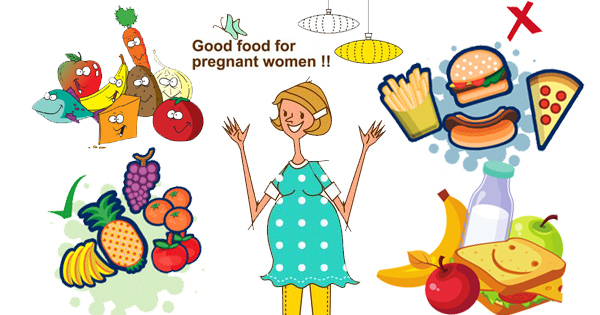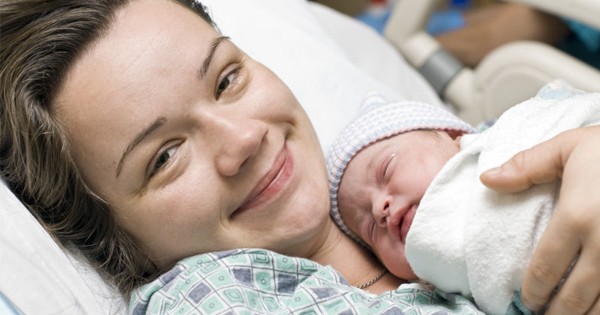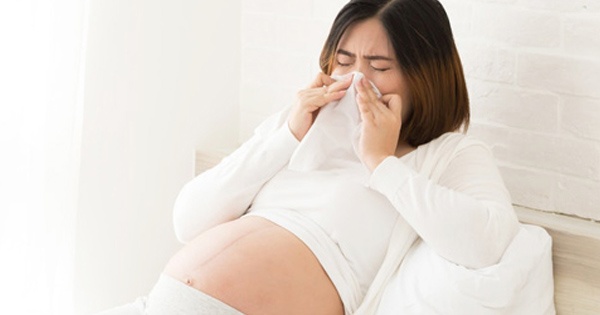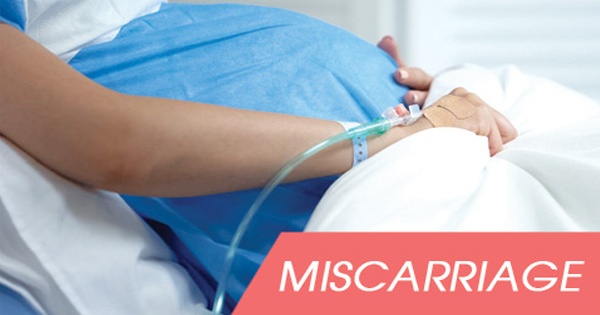

What to eat during the first trimester? The first 3 months of pregnancy is the time when pregnant women must eat and drink very safely. As being new in the early stages of pregnancy, the fetus is susceptible to toxicity, miscarriage due to the unhealthy eating habits of the pregnant mother.
During the first 3 months of pregnancy, the signs of pregnancy manifest most clearly and help the mother know she is pregnant; then, mom needs to learn how to protect the fetus best through good eating habits.
So, let’s find out signs of pregnancy in the first 3 months.
During the first 3 months of pregnancy, the mother will have many different symptoms and signs of pregnancy. These signs usually make pregnant women tired, unable to work.
Morning sickness
Morning sickness during the first 3 months of pregnancy is a completely normal phenomenon that most pregnant women will have. Morning sickness will lead to symptoms such as nausea, tiredness, appetite, loss of appetite.

In fact, morning sickness is not dangerous, but it affects health a lot. Morning sickness happens mainly in the first 3 months and will end a short time later. However, there are many mothers having morning sickness until the birth month.
Continuously gaining weight
Weight gain is the most recognizable sign of being pregnant. In the first 3 months of pregnancy, the mother will gain weight, and on average, in the 3rd month, the mother will gain 3-4 kg. Many moms wonder whether the pregnancy bump will be big in the first trimester. Actually, the abdomen at this stage has enlarged in size, but the bump is not big enough to easily be realized.

The weight gain will make the mother’s body fatter, harder to move.
Heartburn, indigestion
During the first 3 months of pregnancy, mothers normally have heartburn, bloating and indigestion. These symptoms make the mother feel uncomfortable, but this is a good sign meaning that the hormones are working normally, and the fetus is developing well.
Stable blood pressure and blood sugar levels
For this sign, pregnant women must go for a pregnancy health examination to exactly know. In the first 3 months of pregnancy, if moms’ blood pressure and blood sugar levels are stable, moms will be healthy, can avoid symptoms such as gestational diabetes, eclampsia – an extremely dangerous disease for pregnant women.
Body ache
As the fetus grows, in the first 3 months, the mother will have symptoms such as abdominal pain, headache, back pain, cramps, etc. These signs appear only in the early pregnancy period and will disappear later.
Urinating a lot
During pregnancy, especially in the first 3 months of pregnancy, pregnant women will urinate continuously many times but without much urine output. The reason is that the baby is forming, lying on the bladder, causing the feeling of wanting to urinate continuously, especially at night.
Mood swings
When pregnant, the pregnant mother will be very sensitive, easy to get angry, emotional for no reason. The reason is due to the hormonal changes, making pregnant women suddenly sad, happy, etc.

In addition, during the first 3 months of pregnancy, pregnant women also have symptoms such as chest pain, shortness of breath, pimples, etc.
Which food should moms eat in the first 3 months of pregnancy?

This is the stage when the fetus is in the process of forming, so the mother needs to choose nutritious and good foods for the fetus such as:
Protein-rich foods: Protein is extremely important for the development of fetal tissue and the brain, helping to increase blood flow, ensuring the health of the mother and baby. Moms should choose protein-rich foods such as beef, chicken, pork, salmon, cheese, peanuts, etc.
Foods rich in Vitamin A: In the first 3 months of pregnancy, pregnant women need to supplement 600mcg of vitamin A/day with foods such as eggs, milk (pasteurized milk), fish, meat, vegetables, etc.
Foods rich in Vitamin C: Vitamin C is an essential nutrient for pregnant women during the first 3 months of pregnancy. Pregnant women should eat lots of fruits and vegetables that contain vitamin C such as orange, avocado, guava, mango, dragon fruit, etc. However, pineapple is the fruit moms should avoid eating in the first 3 months of pregnancy, pregnant women should avoid because pineapple causes abdominal pain and miscarriage.
Foods rich in Calcium: The fetus needs calcium to keep bones strong, develop the cardiovascular system and nervous system. Maternal calcium deficiency will make the fetus poorly develop. The born baby will easily be susceptible to cardiovascular disease, blood pressure. The amount of calcium needed during the first trimester of pregnancy is 1200mg/day. Mom can eat calcium-rich foods such as yogurt, cheese, eggs, pasteurized milk, etc.
Iodine: Iodine is essential for pregnant women, and pregnant women must supplement 180-200mcg iodine/day. Moms can eat processed foods with salt or iodine to supplement the body with nutrients.
Zinc: In the first 3 months of pregnancy, mothers should consume zinc-containing foods such as nuts and dried beans (walnuts, kernels, macca, cashews, etc.)
Milk: Moms should look for all kinds of milk. To be safer, moms should ask doctors to advise the appropriate type of milk for pregnant women.

What food should moms abstain from in the first 3 months of pregnancy?
Pregnant women should avoid, absolutely abstain from the following foods:
Animal liver: Animal liver is a food with lots of toxins, it contains retinol and easily causes miscarriage. Although the liver contains much iron, moms should eat other iron-containing foods to keep the fetus safe.
Foods that cause vaginal cramps: Pineapples, green papaya, shrimps, mugwort, licorice, moringa, laksa leaves, crabs, etc are fruits and vegetables that make cervical spasm stronger, easily triggering a miscarriage.

Seafood: In the first 3 months of pregnancy, moms should not eat any seafood. Seafood contains mercury – substances that harm the development of the fetal brain, so abstain from marine fish, shrimp, squid, crabs and other kinds of seafood.
Unpasteurized milk: Unpasteurized fresh milk is not good for pregnant women because it still has bacteria and microorganisms that are harmful to the body. Therefore, pregnant women should only drink pasteurized milk to ensure health to provide the necessary energy for the body and fetus.

Alcoholic, carbonated, caffeinated drinks: These products will make the fetus deformed.
Raw eggs: Raw eggs will cause bacterial infections, abdominal pain and miscarriage.
Processed foods: These foods contain lots of additives and food preservatives, they will be harmful

















































